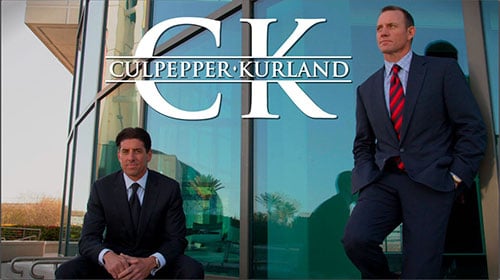Have you ever had a slip or trip on someone else’s property? If so, you may be considering whether to file a claim. This is particularly true if your slip or fall led to a serious injury. Florida laws cover a wide variety of incidents that come under this heading. Understanding them will help determine what your response may be.
What is a slip and fall accident?
The set of laws that cover incidents related to slips and falls is known as premises liability. These accidents usually occur on someone else’s property. This can include areas such as a public park, a restaurant, a place of work, or someone’s home.
A slip or fall accident can occur due to any number of conditions. Some of the most common triggers are wet floors, uneven or cracked walkways, or tears in the carpeting. You may be walking along in a very narrow or poorly lit area when an accident occurs. You may also be walking up or down a flight of very narrow stairs.
The accident you experience can also happen out of doors. For example, you may be walking on a road that is prone to potholes that are hard to spot. You may fall down an open manhole that was not clearly marked with the appropriate sign. You can even trip or get stuck in a public escalator that is not working properly.
What do you need to show?
Slip and fall laws in Florida changed in 2016 and are now more in line with most other states. You will need to prove that the owner was aware, or should have been aware, of a potential hazard yet failed to correct it.
A dangerous condition is one that presents a clear and present risk to the public. If the owner was, or should have been, aware of this dangerous condition, it must then have failed to fix it in a timely manner. This failure can lead to a justifiable slip and fall claim.


